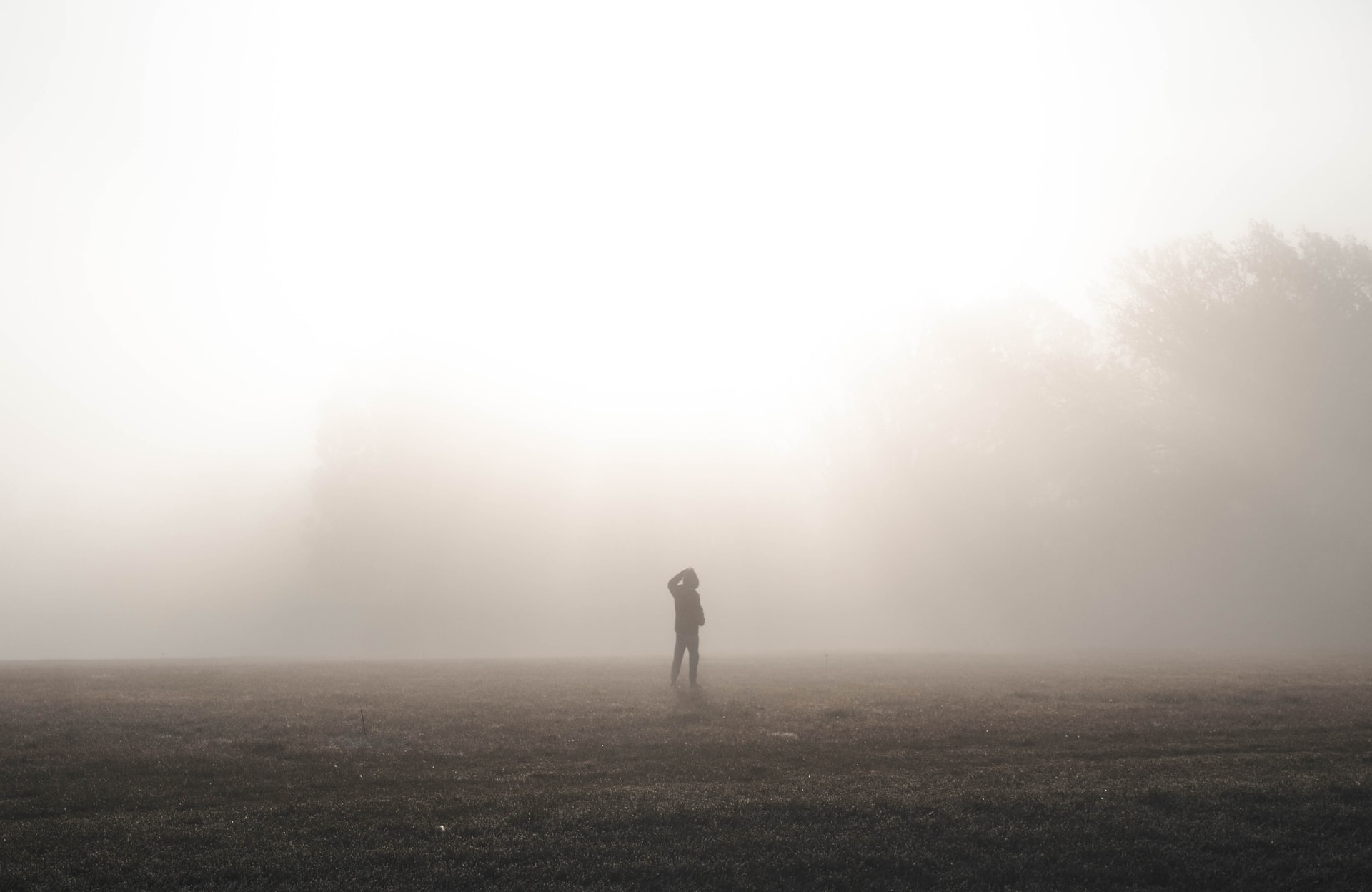More than 2,000 people attended an Aotearoa-first Long Covid symposium, hosted by the University of Otago, where early results were released on post-Covid impacts in this country.
Hot on its heels, new US research found vaccines may offer less protection against lingering symptoms than expected – though unvaccinated people still face the highest chance of getting Long Covid.
Long Covid is a constellation of symptoms thought to linger with 10-20 per cent of infections, suggesting up to 200,000 of Aotearoa’s million confirmed Covid-19 cases may experience the condition – and actual cases are likely at least twice as high.
But so far there remains no way to diagnose or cure long Covid.
This week’s symposium featured NZ and international speakers including patients, health professionals, Māori health leaders, and researchers. A third of attendees were from the public.
Victoria University epidemiologist Dr Mona Jeffreys, co-lead of the Covid-19 impacts study, presented early results from 373 people. Two-thirds of those who had symptoms a month after their infection still had them at three months.
Dr Jeffreys said nearly half reported that long Covid had limited their ability to do usual activities like work, socialising and family responsibilities – ranging from moderate to extreme effects.
She said about half said they didn’t feel understood, heard, or able to access support – and a third said they asked for help but didn’t get any.
Long Covid researcher and immunologist Dr Anna Brooks said post-viral illnesses are not new “but we desperately need more research” as they have been medically neglected, and illnesses like long Covid weren’t psychological.
“There are absolutely physiological causes, we just don’t have those right tests yet.”
Meanwhile, a large new study out of America reveals that vaccination may only lower the chance of getting long Covid after infection by about 15 percent – and vaccinated people can still suffer lasting symptoms at six months.
This result was lower than expected – as some studies have found the risk halved with vaccination. While the research was pre-Omicron, the study is the biggest yet using US medical records.
The authors warn against relying solely on vaccination to mitigate Covid-19, saying the focus should be on preventing infections in the first place.
Dr Brooks said vaccination was key for preventing severe illness. However, the most alarming result of this study was that vaccines aren’t protecting well enough against persisting long-term impacts after an infection.
The study is “telling us to try and not get infected, and if you have been infected keep avoiding it,” she said.
“The message is very firm and strong that we need to limit exposure to this virus so we can limit long-term impacts.”
The Centers for Disease Control and Prevention also reported this week that one in five COVID-19 survivors aged 18–64 – and one in four survivors aged ≥65 years – had at least one new condition that may arise from previous COVID-19.
Here are some highlights from coverage of the symposium and new studies:
Symposium:
Covid-19: Fatigue, pain, anxiety common among NZ’s Covid ‘long haulers’ – NZ Herald
Long read: The rolling maul of Long Covid – Newsroom
Long Covid will be one of this generation’s disability challenges – Commissioner – Stuff
More support for people with Long COVID needed in Aotearoa – Victoria University of Wellington
New Zealand Long COVID sufferer now unable to walk – Newshub
Studies:
Long COVID risk falls only slightly after vaccination, huge study shows – Nature Journal News
Vaccines may not prevent many symptoms of long covid, study suggests – Washington Post
